
OR
When life finds its purpose
Published On: February 24, 2018 03:41 PM NPT By: Dilip Prakash Karki | @@dilipkarki981
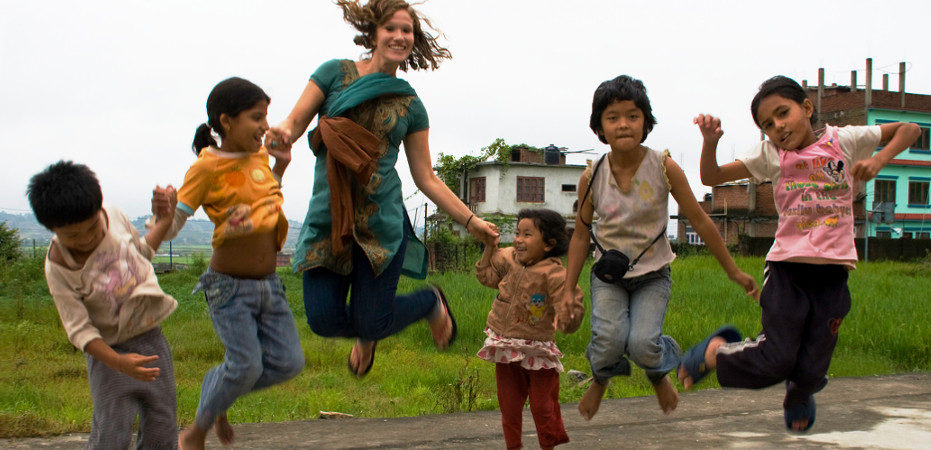
KATHMANDU, Feb 24: Renu Sharma was busy discussing how they could effectively manage safe shelters for women and children in Women’s Foundation Nepal. These women are no ordinary ones. Instead, they are victims of domestic violence, sexual harassment, mental and physical torture and earthquake survivors. The children were orphaned during the decade-long Maoist insurgency, tormented by their parents and come from poverty.
Most importantly, women had lost their reasons to live and children were disillusioned and scared until they met Renu, a social worker, who has championed women empowerment, education and livelihood means for the past 28 years.
Sharma’s almost three decades of the journey was sparked incidents that she witnessed at the early age of eight, two of which she fondly recalls with mist in her eyes. “My neighbor was beating his wife for not bringing a dowry, and there was another case where locals beat an elderly woman for being a witch.” Since the first incident, she decided not to wear any jewelry.
The spark ignited when she encountered another disheartening experience during her undergraduate degree at Padma Kanya Campus in Bagbazar.
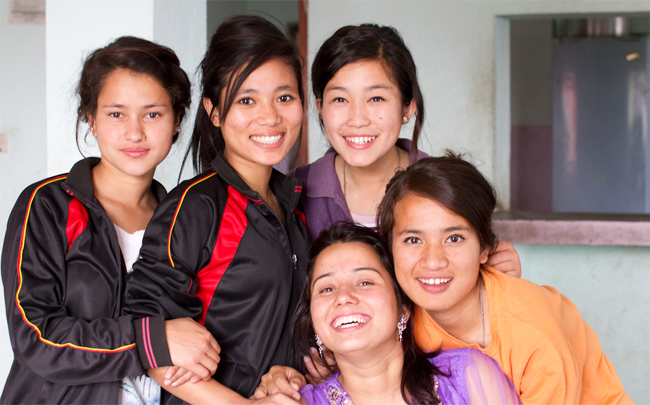
A couple was passing every audience and asking they had seen their daughter who had been missing for three months. The couple was working in a carpet factory and making ends meet when they met a doctor who volunteered to take their nine-year daughter as their helper. For the struggling parents, it was a good bargain as it would help their daughter to have opportunities to study and choose a good life. However, in a couple of days, the doctor came back to the parents and informed that the helper had stolen 110 grams of gold and escaped from his house.
The couple’s inquiry during the volleyball competition came three months after they couldn’t trace their children.
As the couple narrated the incident, Renu along with her friend volunteered to help. They tried to meet the doctor but he refused. In turn, they knocked doors of political parties and police, neither of which took the two undergraduate students seriously.
Having had enough, they went to the Supreme Court and threatened to sue the police and the doctor for their negligence in finding the child. The very next day, the police found the child at the doctor’s sister’s home.
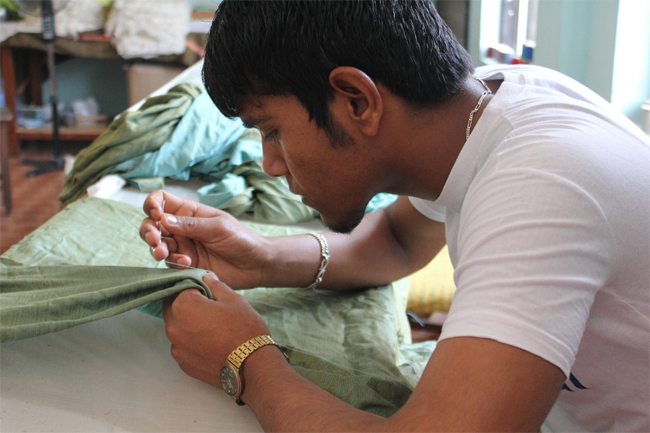
Thus began the journey of Women’s Foundation Nepal in 1988, an organization that envisions a violence-free society by helping women and children who are victims of violence, abuse and poverty.
Since then, the foundation has helped thousands of women and children like Manita, an acid victim who was almost killed by her father at one and half year old, Binita and her mother, who were tortured by the society and her husband for being a witch and Swayata and her sisters, both of whom were tortured by their father and stepmother.
The foundation has three shelters normal, sensitive and highly sensitive. The highly sensitive shelters are home to wives and daughters from high-class societies and public sphere; family members of ministers, police, professors, and doctors. Altogether, there are around 165 women and 100 children at present.
Today, the foundation operates in six districts, Bhaktapur, Sunsari, Kavrepalanchowk, Jhapa, Sindhupalchowk, and Dolakha and provides legal assistance across Nepal. However, the foundation, its child care centers and temporary shelters are home to women and children beyond the districts it operates.
With collaborations with national and international agencies, the foundation has been able to provide safer shelters and income-generating skills for women, education and scholarships for children.
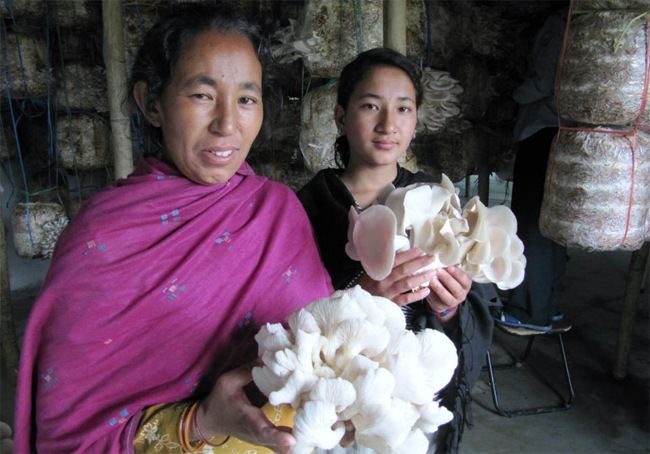
Swayata and her two sisters from Sindhupalchowk escaped the torture from their father and stepmother. Their mother had already run away from the home because of immense domestic violence and found a safe shelter at the foundation. When the mother was able to recover, she came to rescue her daughters, all of whom have been staying at the foundation for the past decade.
The Foundation is not only home to child care centers and safe shelters for survivors of abuse and violence, it also has its own organic farm and an onsite textile production center where women can earn and live a dignified living. The Mahela Cooperative run by the foundation provides micro-credits for women across the country to engage in income-generating activities and scholarships for children to ensure that they have a better future.
For Swayata, her sisters and the mother, the foundation has not only helped to live a dignified living, it also has provided education, good food and benevolence from aunt Renu, as Sharma is called.
Ten years in the foundation, Swayata’s perception has changed, “the purpose of my life is to help other girls and women who are mistreated, afraid and unable to escape from harsh situations.”
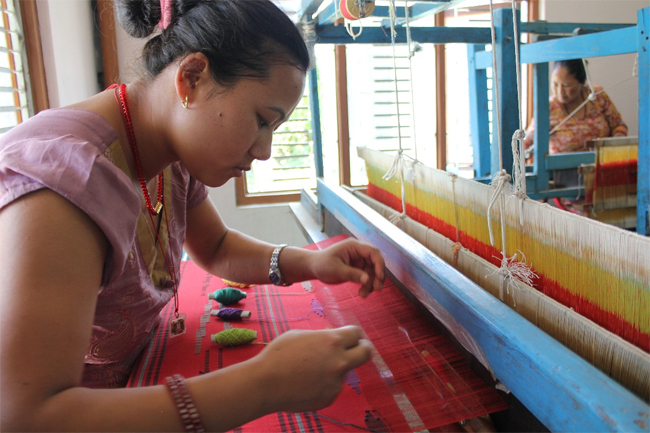 Manita, an 11th grader echoes the same. Almost killed by her father, Manita and her mother escaped the village and ended up in the foundation’s shelter in Kathmandu. “My mother is working in the cooperative. I will spend my life to fight against domestic violence and help those in suffering.”
Manita, an 11th grader echoes the same. Almost killed by her father, Manita and her mother escaped the village and ended up in the foundation’s shelter in Kathmandu. “My mother is working in the cooperative. I will spend my life to fight against domestic violence and help those in suffering.”
With almost three decades, Renu has stories of hardships and struggles, all of which has helped her become more determined towards relishing her dream of a violence-free society and where birth or background does not predetermine a child’s fate and a woman’s future.
“I wish each woman in the society is empowered and independent and there is no prejudice or stigma attached when individuals compete in a ‘free and fair’ world.”
You May Like This

NASA telescope finds 10 more planets that could have life
WASHINGTON, June 20: NASA's planet-hunting telescope has found 10 new planets outside our solar system that are likely the right... Read More...

Pain, loss and moving forward in life
“You know you are getting old when you start losing stuff.” ... Read More...

Quick tips for longer laptop battery life
We’ve all been there. You’re in a meeting, or on the road, or in a classroom, and you find, to... Read More...






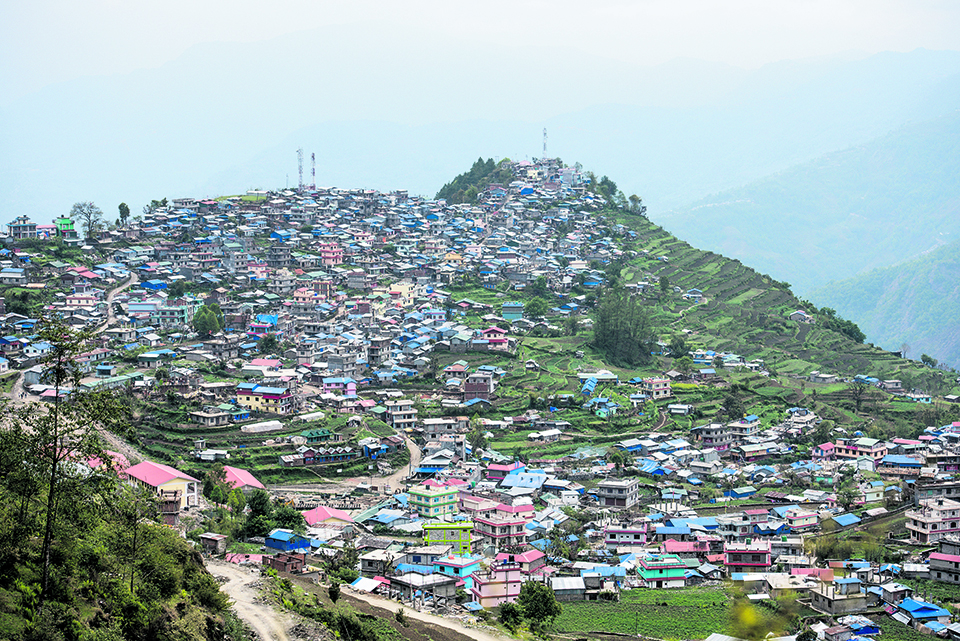
Just In
- Illam by-election: Nepal-India border to be 'sealed' from midnight today
- Gold price rises by Rs 500 per tola
- Emir of Qatar returns home after wrapping up state visit to Nepal
- Senate passes bill forcing TikTok’s parent company to sell or face ban, sends to Biden for signature
- PM Dahal hosts luncheon in honor of Qatari Emir
- Tata Sumo accident in Kavre leaves 10 injured, three in critical condition
- West Indies ‘A’ cricket team arrives in Nepal
- Barpark commemorates 2015's Gorkha Earthquake



_20240423174443.jpg)








Leave A Comment